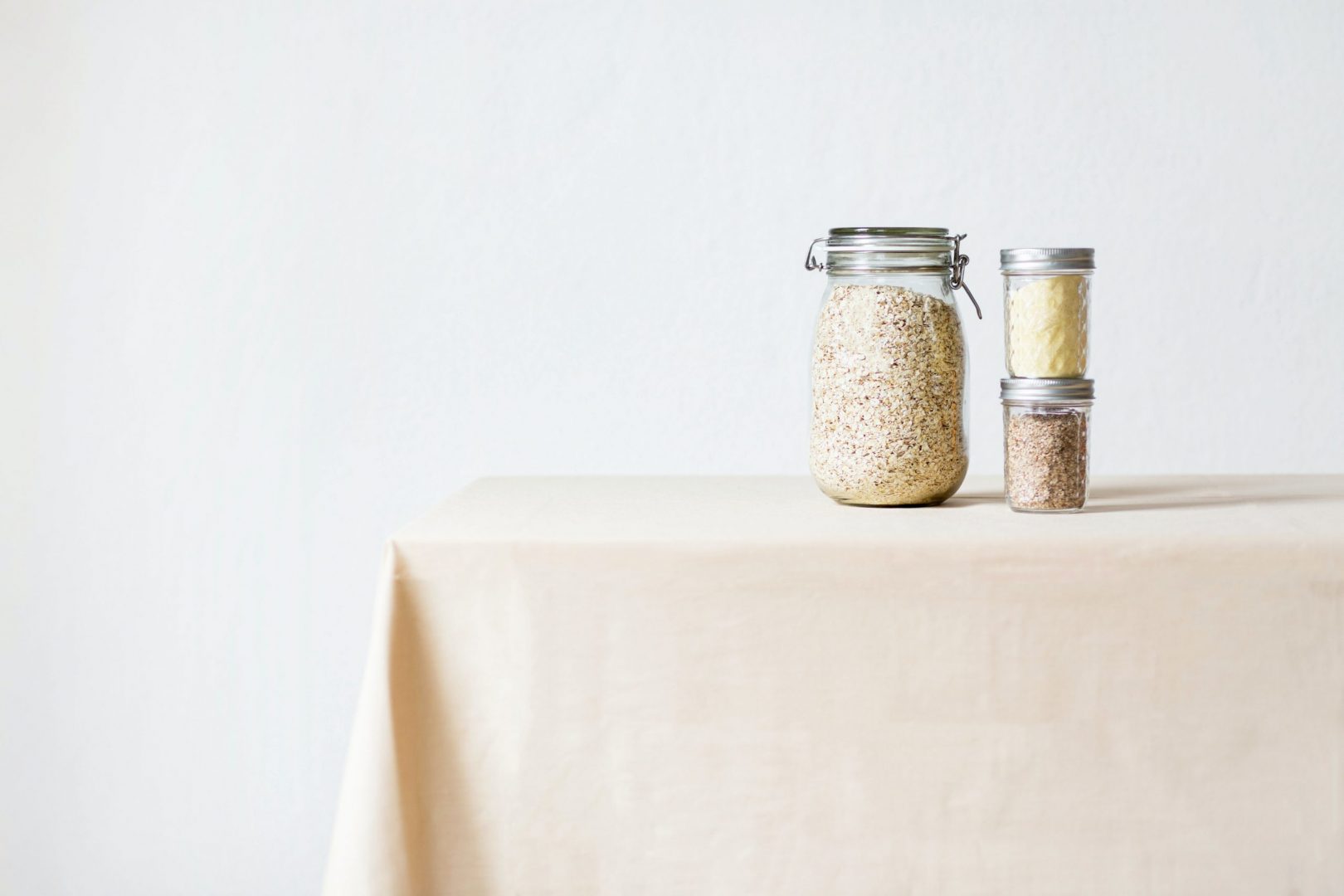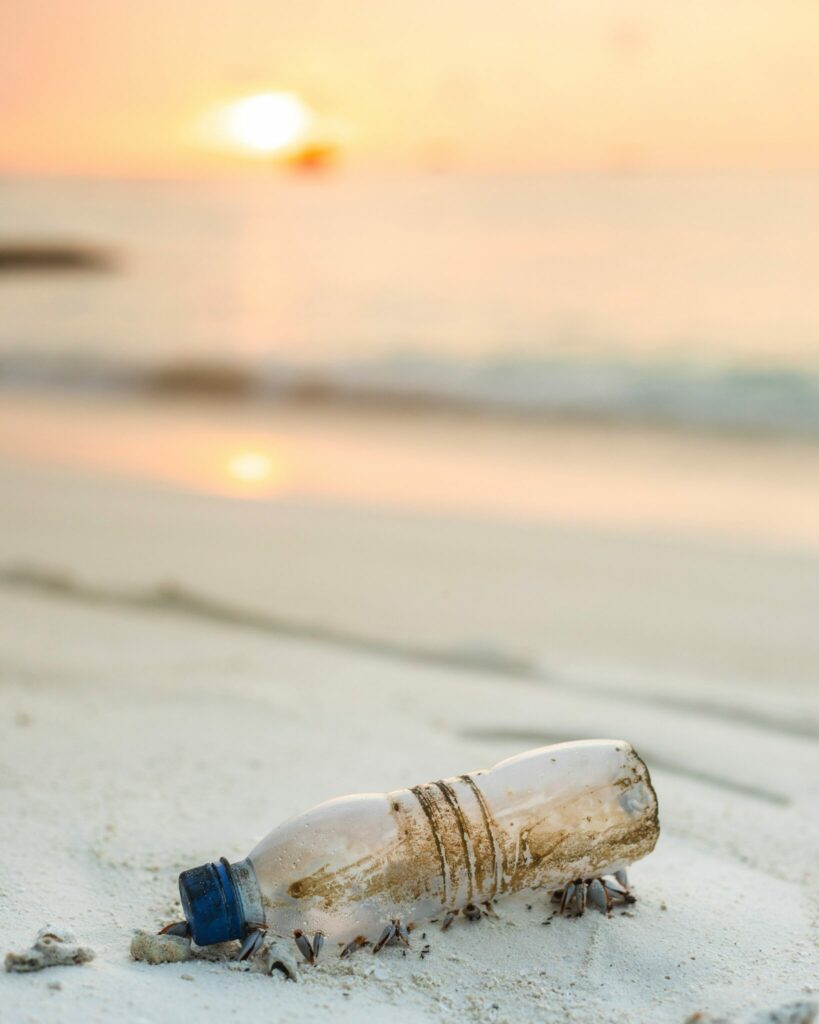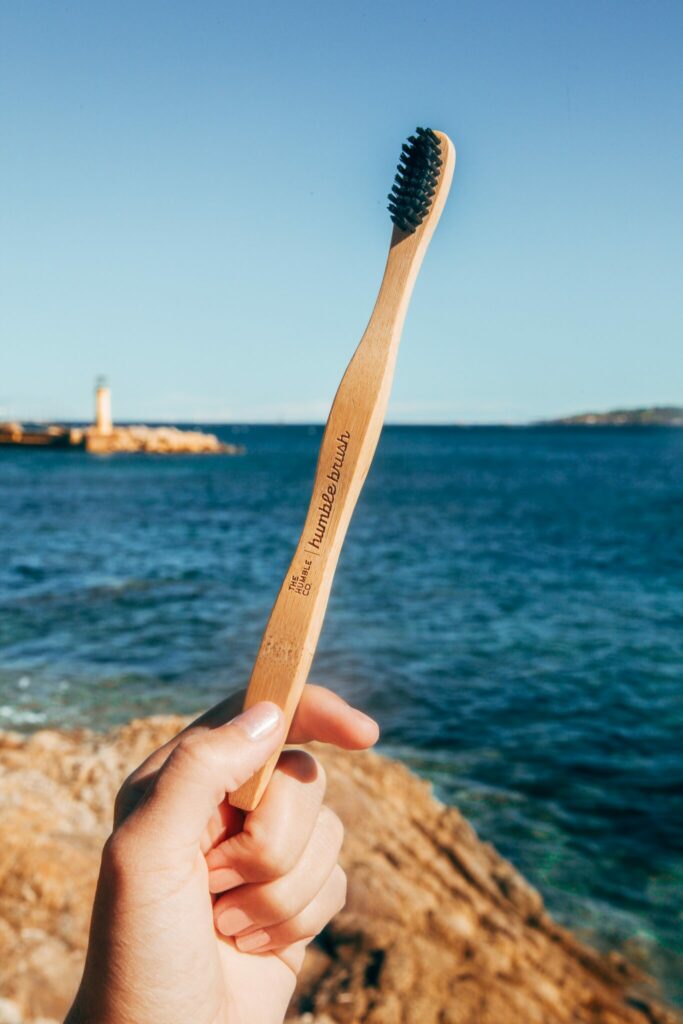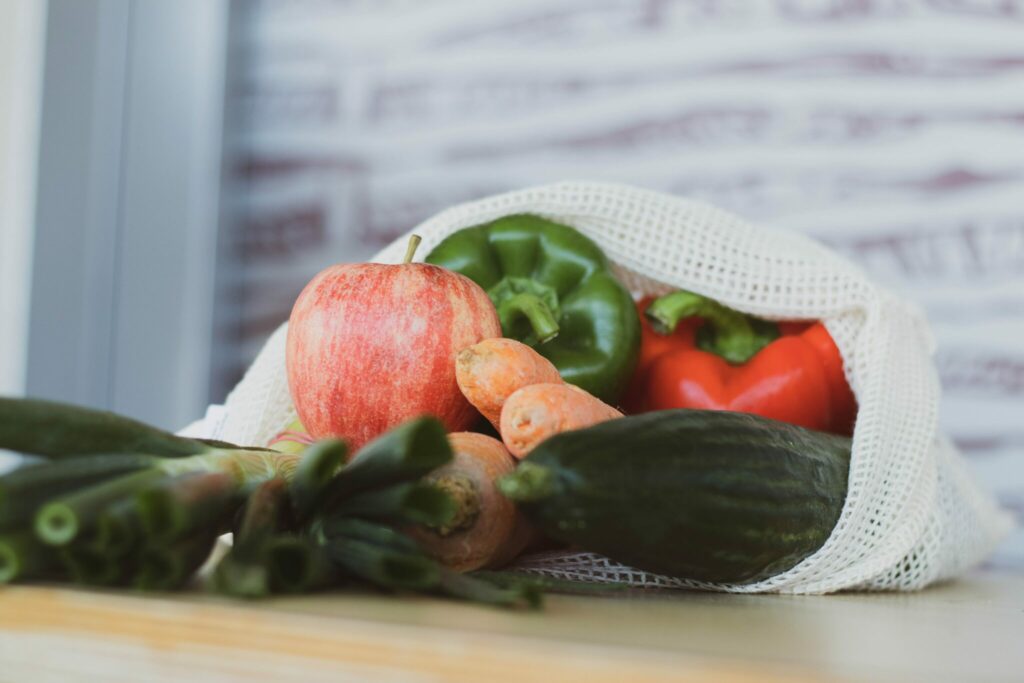Your cart is currently empty!

Simple Swaps For Plastic Free Living
In this blog we share with you some simple and easy changes we can make to reduce the amount of plastic we use at home.
Plastic Free July is a global movement that highlights plastic pollution and encourages everyone to think about single use plastic and reduce the amount we use. Though we try to reduce the amount of plastic that we use all year round, this is a great opportunity to keep talking about single use plastic and the things we can all do to reduce our impact at home.
Plastic is filling up our landfills, polluting our oceans, and killing wildlife. It has even been predicted that by 2050, 99% of all seabird species will die if plastic pollution continues at the current rate. It is vital that we all do what we can to reduce the amount of plastic that we use, and in this blog we share with you some easy ways to do this.
(A quick disclaimer before we start: we aren’t sponsored or affiliated with any of the brands we mention in this blog. Any links shared are just some of our suggestions for if you are looking for some simple swaps!)

Sustainable Deodorant
When we think of the plastic we use daily and the plastic that we could easily reduce, we often don’t think about deodorant. But it creates a huge amount of waste. In fact, the deodorant industry produces over 15 million pounds of plastic waste each year.
Some brands, for example Dove, have made a commitment to reduce their use of plastic by more than 20,500 tonnes a year. It is encouraging to see that some brands are making changes.
When purchasing deodorant it is great to look into the brand and see what they are doing in terms of sustainability.
Investing in a refillable deodorant such as Wild is a great option, as it is made with 100% biodegradable refills to go in your case that can last for years. Not only this, but purchasing a natural deodorant is better for our heath as it does not contain parabens or aluminium. Aluminium is not only harmful to our health, but it is also a huge water polluter that brings harm to many fish.
Have A Bamboo Toothbrush

When we brush our teeth each day we probably don’t think about how our brushes could very well end up in the ocean one day, or be filling up landfills. In fact, 4.7 billion plastic toothbrushes end up in landfills every year.
A bamboo toothbrush can be a great alternative, taking 6 months to break down while a plastic brush will take hundreds of years. It also does not use any oil to make the body of the brush, unlike a plastic brush, making it a more sustainable alternative that has a lower carbon footprint.
Avoid Polyester Clothing
Some fabric such as polyester contains many micro-plastics, meaning every time it is washed these are released into the the water and can become a big polluter.
Buying more sustainable fabric such as organic linen means that you do not pollute any water when you wash and wear your clothes, making it a much more sustainable choice.
To read more about how to make your fashion choices more sustainable, head to our blog 7 Slow Fashion Tips.
Purchasing Loose Produce

So much of the fruit and veg we buy in the supermarket comes in plastic packaging that we throwaway and don’t think about. But this is further adding to the huge plastic problem that we are facing.
Buying from local farmer’s markets not only supports the local economy, but it is a way to buy fresh fruit and veg and carry them home in a reusable bag.
If you can’t visit a market, then signing up for a food box service is another brilliant way to reduce plastic. It is an easy way to get plastic free produce without any hassle. Veg boxes like Riverford and Abel & Cole are great options as well as Hello Fresh if you’re looking to create a whole meal.
Bars Over Bottles
Buying plastic bottled soap, shampoo, and conditioner can really increase the amount of plastic that we use, yet there are some really effective alternatives.
Buying natural soap bars from your local low waste shop can support smaller businesses, reduce your plastic waste, and can smell divine. They are often vegan, cruelty free, and made from natural ingredients. If you do not have a local low waste shop, some brands where you can buy eco-friendly bars are Earth Kind, Koha Beauty, and The Proper Soap Company, for example.
Leave a Reply